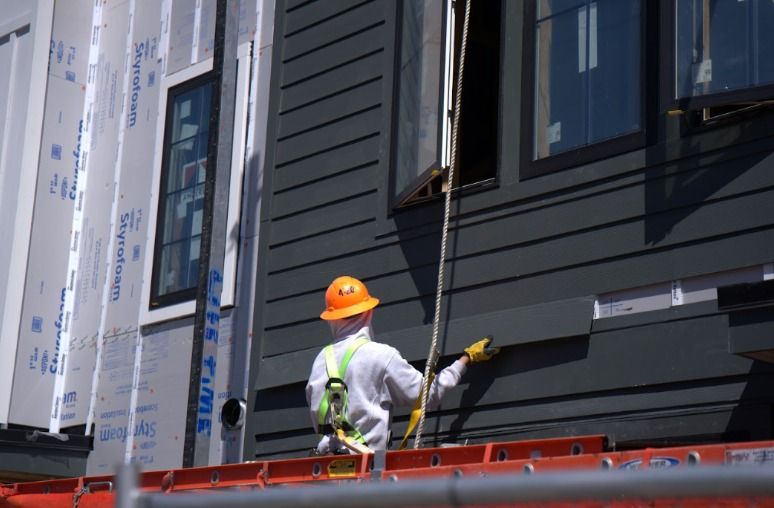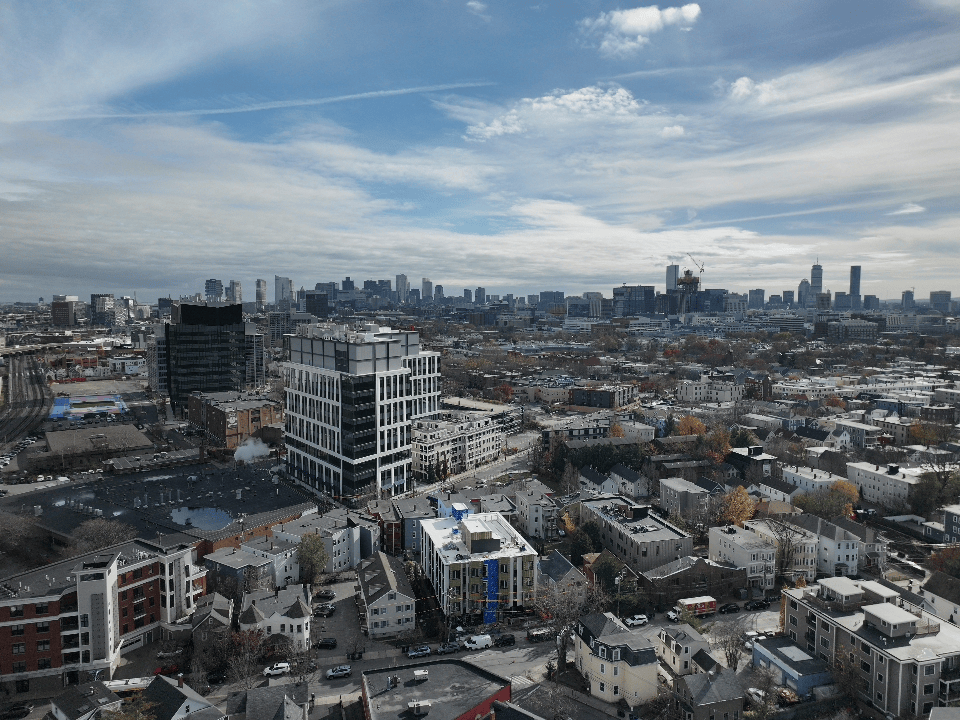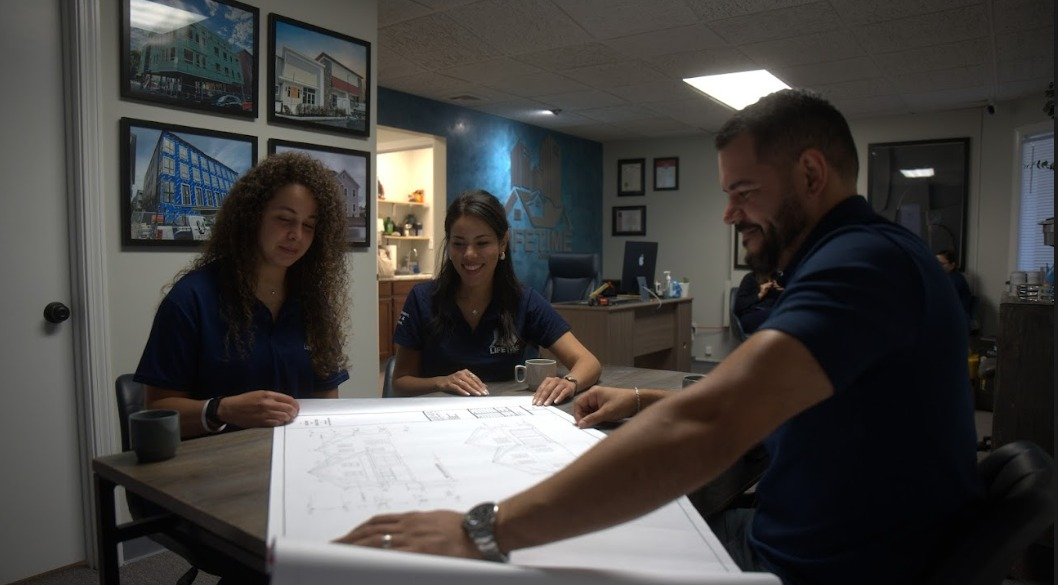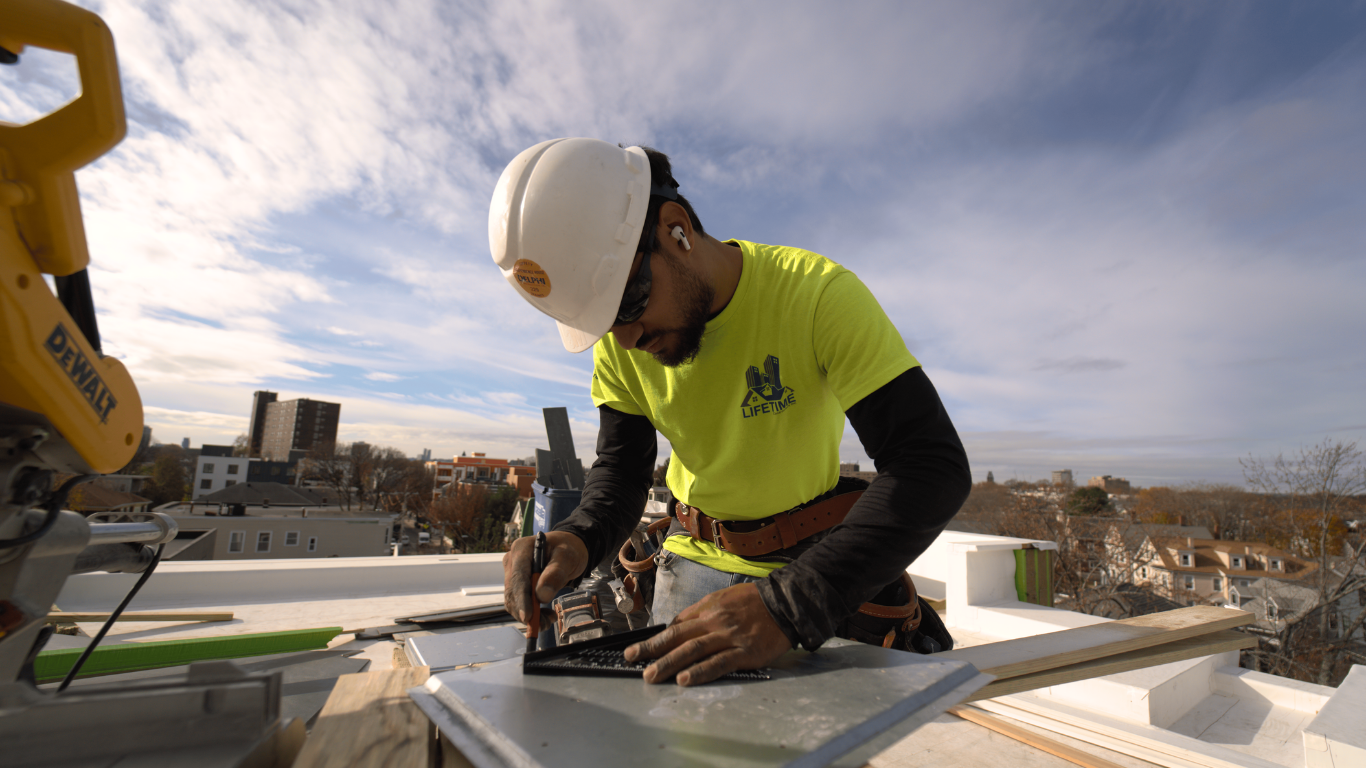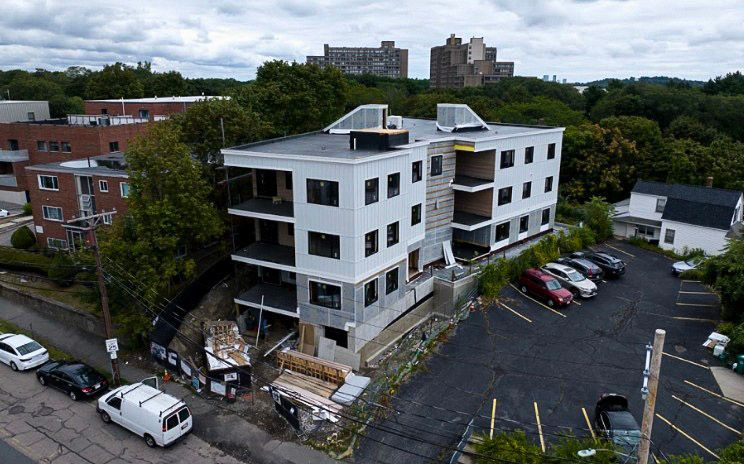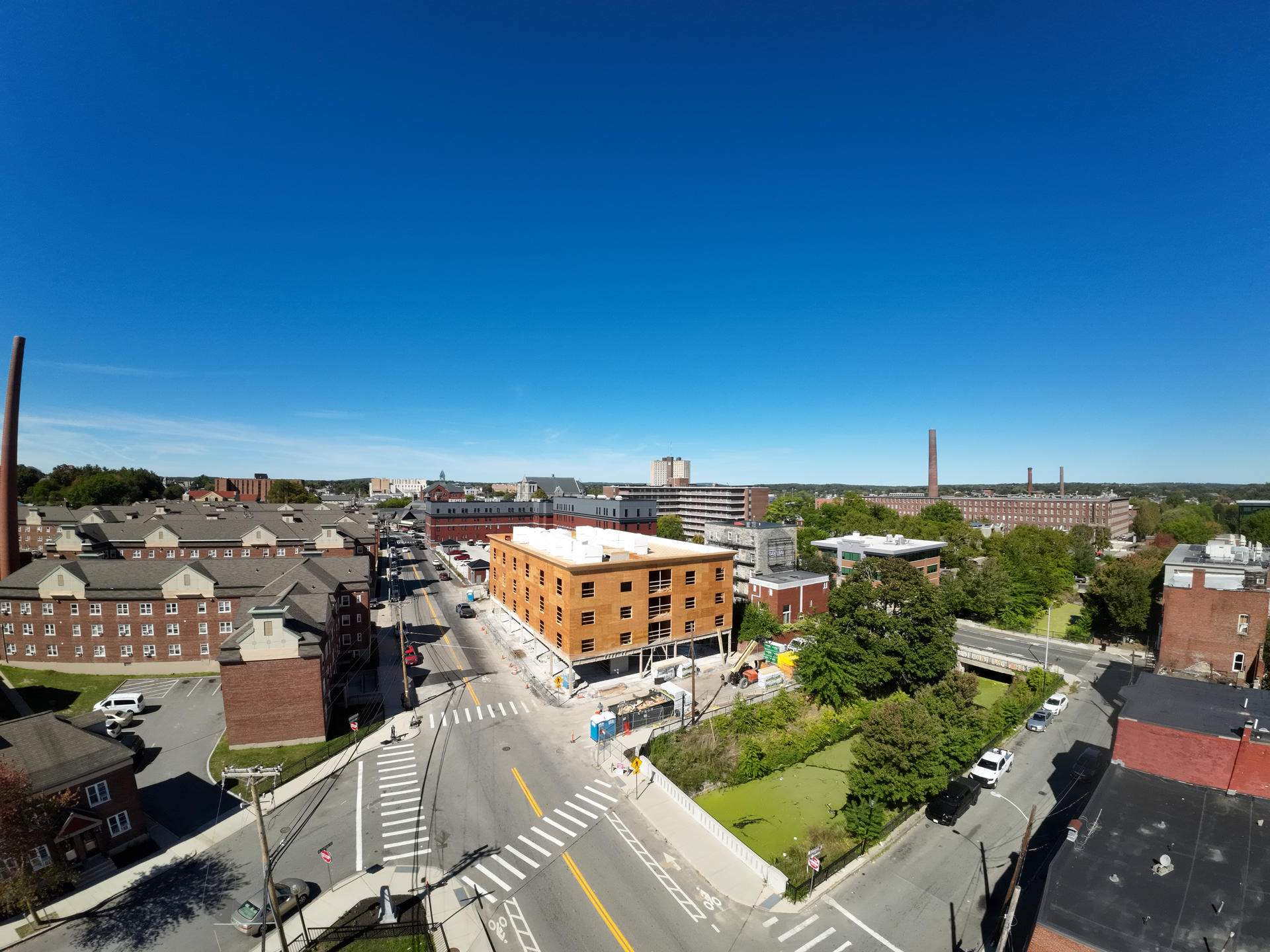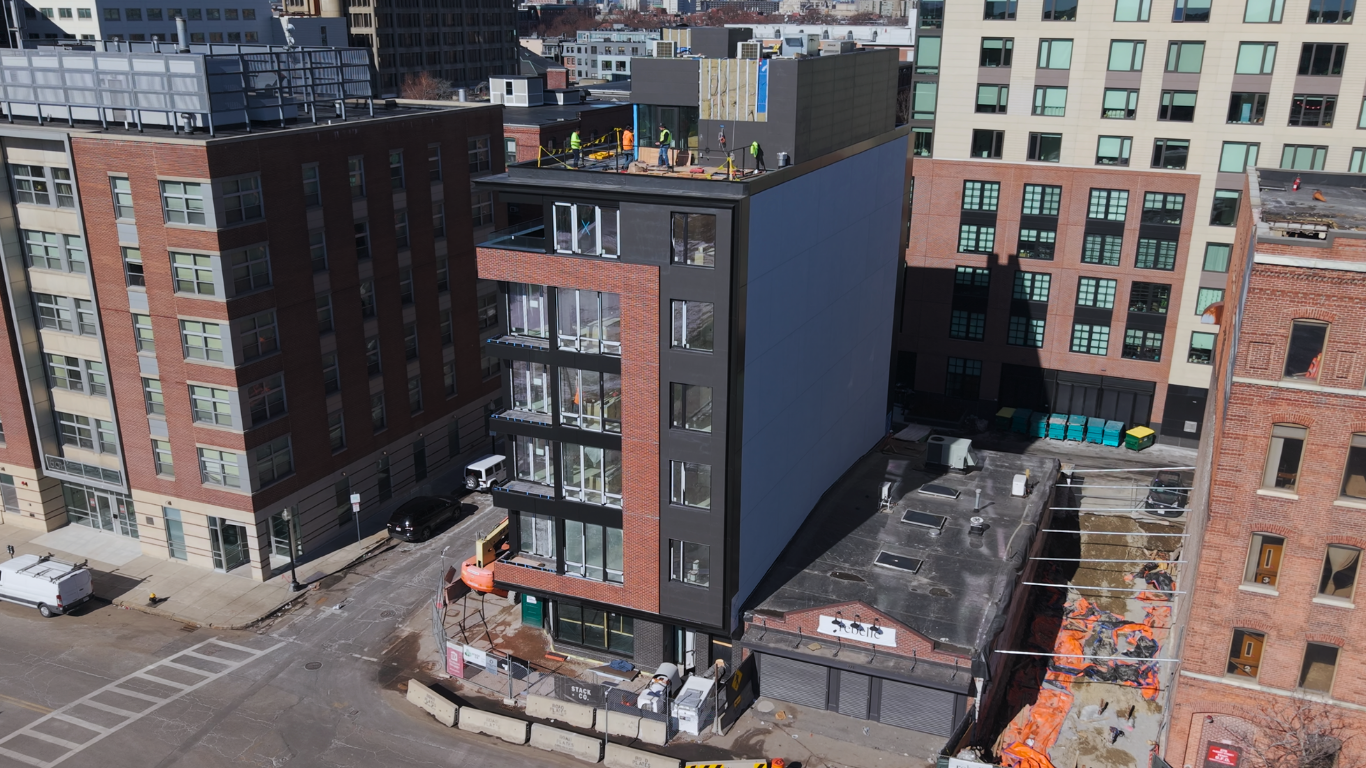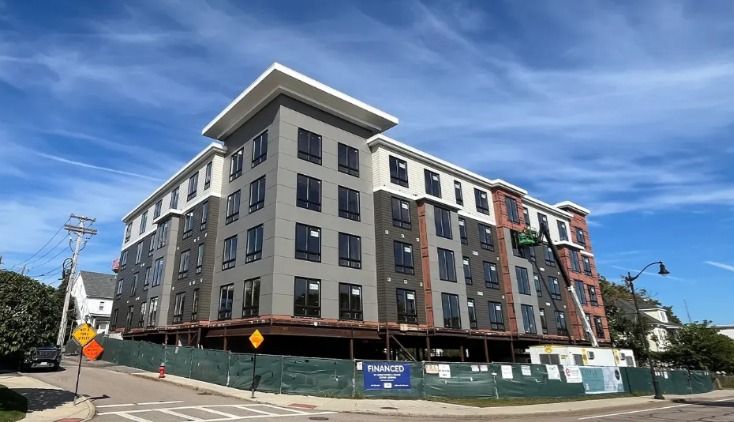Best Siding for Massachusetts: Fundamentals Every Contractor Should Know
In June 2025, new construction starts in the United States reached $1.33 trillion, a 16% increase compared to the previous month and 4% higher year over year. This national growth is clearly reflected in Massachusetts, where the construction market continues to attract strong investment. According to Dodge Data & Analytics, the Boston–Cambridge–Quincy metro area saw construction starts climb to $22 billion in 2023, up from $17.2 billion in 2022. These figures confirm that Massachusetts remains one of the strongest investment hubs in New England for residential, commercial, and institutional projects.
With so much capital flowing into new developments, protecting these investments with the right building practices is crucial. And one of the most important fundamentals is siding.
Why Siding Matters in Massachusetts Construction
Siding is more than aesthetics, it’s about protecting the building envelope and ensuring long-term value. A poorly chosen or poorly installed siding system can lead to water damage, higher maintenance costs, energy loss, and even reduced property value. For investors, general contractors, and construction companies, siding represents a financial decision as much as a design one.
Regional Fundamentals Across Massachusetts
Coastal Massachusetts (Cape Cod, the Islands, North Shore, South Shore)
In the coastal areas of Massachusetts, including Cape Cod, the Islands, and the North and South Shores, siding is constantly tested by salt air, high humidity, and strong winds that often reach design speeds of 130–140 mph. These conditions accelerate corrosion and can compromise the building envelope if materials and installation are not carefully selected.
For contractors working near the shoreline, selecting the best siding for Massachusetts means choosing assemblies designed for durability and weather-tight detailing. Corrosion-resistant fasteners such as stainless steel (Type 304 or 316) are essential, and rainscreen assemblies that create drainage cavities help manage wind-driven rain and moisture.
Greater Boston & MetroWest
In Greater Boston and the MetroWest corridor, construction projects face different challenges. While coastal salt exposure is less severe, freeze–thaw cycles are frequent, and urban density requires siding systems that integrate seamlessly with energy-efficient building envelopes. The state’s building codes increasingly emphasize performance, making continuous insulation and advanced flashing details standard practice.
Here, the best siding for Massachusetts is one that balances energy efficiency with low maintenance. Fiber cement and composite systems perform well in these conditions, but the real differentiator is professional installation that integrates siding into the overall weather-tight package of the structure.
Central & Western Massachusetts
Central and Western Massachusetts bring yet another layer of complexity. Heavy snowfall, colder winters, and the risk of ice dams put significant pressure on exterior walls. Siding in these areas must be able to withstand prolonged exposure to moisture and rapid temperature fluctuations. Proper drainage is critical: when snow and ice melt, water must be directed away from the sheathing and framing. Rainscreen systems, corrosion-resistant flashings, and attention to roof-to-wall transitions ensure that siding assemblies remain effective.
For investors and builders, selecting the best siding for Massachusetts in these inland regions means choosing durability first, and pairing it with installation practices that address the realities of snow and freeze–thaw stress.
The Fundamentals Before Material Choice
Every project should begin with site-specific design, assessing wind, snow, and exposure risks unique to the location. Once those are clear, the weather-tight package must be addressed, integrating siding with WRBs, flashing, and sealants. Beyond products, professional installation is non-negotiable, as specialized siding teams prevent failures and preserve warranties. Finally, no system is complete without a maintenance strategy: routine inspections protect long-term value and extend the life of the investment.
Siding Materials That Perform in Massachusetts
While fundamentals come first, material choice still matters. Fiber cement offers rot resistance and long-term stability in humidity. PVC and composite shakes deliver the traditional New England look with reduced maintenance. High-wind-rated vinyl provides an affordable option, and cedar shingles remain a timeless aesthetic when paired with stainless steel fasteners and rainscreen assemblies.
Why Specialized Teams Make the Difference
Even the best siding materials fail without the right installation. Corroded fasteners, poorly flashed windows, or over-nailed vinyl panels are all common causes of failure. This is why specialized siding crews and building envelope experts are essential. They ensure the system performs for decades, protecting both the structure and the investor’s capital.
Lifetime Contractors: Your Partner in Massachusetts Siding
With billions of dollars in new construction flowing into Massachusetts every year, siding is one of the most important planning decisions to protect those investments.
At Lifetime Contractors, we combine local expertise with specialized crews to deliver siding solutions that meet Massachusetts’ unique climate challenges. From Cape Cod to Western MA, we provide region-specific design guidance, full weather-tight package integration, and skilled installation teams, all with a focus on protecting long-term value.
Contact Lifetime Contractors today to discuss your siding project.
